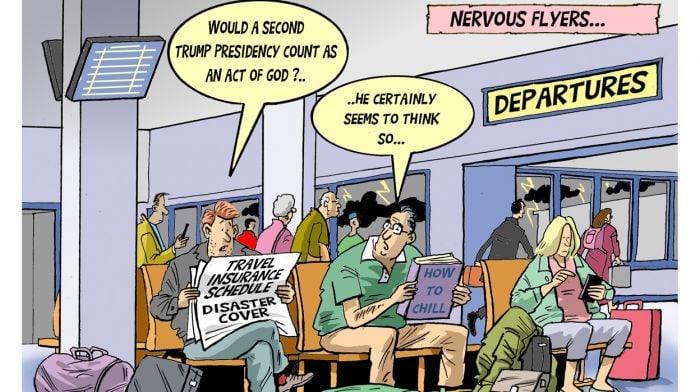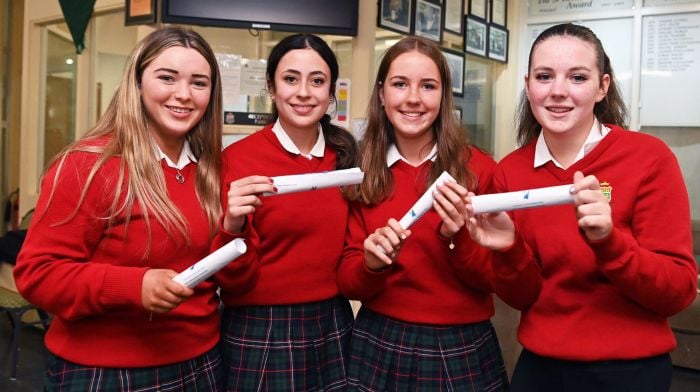THIS is the time of year when a lot of young people take up summer jobs for the first time, particularly in the hospitality and retail sectors. This can lead to parents or the young people themselves having a range of questions in relation to their employment rights and entitlements.
The working hours for young people are regulated by the Protection of Young Persons (Employment) Act 1996. The Act sets maximum working hours, rest intervals and prohibits the employment of young people aged under 18 in late night work. The Act does not apply to children or young people who are employed by a close relative.
The following are some common queries:
Q. My 14-year-old son wants to take on a summer job. Are there limits to the number of hours that she can work?
A. Children aged 14 or over may do light work during the school holidays where the hours do not exceed seven in any day or 35 in any week. Children aged 15 may do eight hours a week light work in school term time. The maximum working week for children aged 15 outside school term time is 35 hours, or up to 40 hours if they are on approved work experience.
Q. Is the situation different for my daughter who is aged 16?
A. The maximum working week for young people aged 16 and 17 is 40 hours, with a maximum of eight hours a day. If a young person under 18 works for more than one employer, the combined daily or weekly hours of work cannot exceed the maximum number of hours allowed. Young persons are only permitted to work between 6am and 10pm.
Q. Can young people be asked to work late in the evening?
A. In general, young people aged 16 and 17 are not allowed to work before 6am in the morning or after 10pm at night. Employers may not require children aged 14 and 15 to work before 8am in the morning or after 8pm at night.
Q. What about working in a licensed premises (such as a pub)
There is an exception to night work for a licensed premises however there are some rules to be followed:
• Young people who are attending school can be employed on general duties in a licensed premises, such as a pub.
• During school term, they can only work until 11pm on a day that is not immediately before a school day. For example, you can work until 11pm on Friday night if you are not in school on Saturday.
• However, you cannot work until 11pm on Sunday if you must be in school on Monday.
• A conversation should be had between parent and employer as to how you get home after working a shift in the evening time.
Q. What rates of pay are there for young workers?
A. The current national minimum wage is €10.50 per hour. This does not mean that everyone is automatically entitled to receive this. Young people aged under 18 are only guaranteed up to 70% of the national minimum wage, which is €7.35 per hour. Your employer can pay you more than the minimum wage if they want, but you should be aware that they are not required to do so by law.
Q. How do I avoid paying emergency tax?
A. When you start your first job, you should tell Revenue as soon as possible, or you may have to pay emergency tax. They will send a Revenue payroll notification (RPN) to your new employer. The RPN will tell your employer how much Income Tax and Universal Social Charge (USC) to deduct from your pay. It is your responsibility to notify Revenue.
Q Can a young person receive tips and gratuities?
If you work in a job where staff get tips and gratuities from customers (such as a restaurant or bar), you are not automatically entitled to get these tips.
However, you are not required to give your tips to your employer either. It depends on the ‘custom and practice’ in your workplace. This is because, there are currently no laws setting out the rules for tips and gratuities. Legislation has been prepared to change this. We’re just waiting for its enactment now.
If all tips are collected by management and paid to staff through the payroll, then these tips are taxed in the normal way.
For further information about can call a member of the local Citizens Information Service in West Cork on 0818 07 8390. They will be happy to assist you and if necessary arrange an appointment for you. The offices are staffed from 10am-5pm from Monday to Thursday and on Friday from 10am-4pm.
Alternatively you can email [email protected] or log on to www.citizensinformation.ie







